I obviously can't speak to the early decades of the character, but certainly by the time I was growing up, Aquaman had become something of an easy joke, especially compared to his more powerful and popular peers in the various Super Friends cartoons.
But then Peter David got a hold of him.
He wrote the character and fleshed out his fantastical setting over the course of some eight years between 1990 and 1998, writing not only an almost 50-issue run on an Aquaman monthly series, but also the miniseries Aquaman: Time and Tide and the underwater fantasy The Atlantis Chronicles.
He fleshed the character out, immediately making drastic, provocative changes, like the beard and longhair, having him lose his left hand in battle and replacing with a harpoon, and trading in the familiar orange shirt for a gladiator-style harness. And me made the character feel moody and dangerous.
I think Grant Morrison gets a lot of credit for writing a cool Aquaman in the pages of his 1997-2000 JLA run, a character worthy of standing shoulder to shoulder with the likes of Superman and Batman, but, well, that was Peter David's Aquaman that he included in his line-up (And the Aquaman of artists Martin Egeland and Jim Calafiore). Even when later creators would take the character on, rejecting David's aesthetic changes and hewing closer to the classic version of the character, like Alex Ross and Geoff Johns did, their work seemed to build on David's interpretation of the character as a badass.
Though they obviously owe a lot to Johns' work on the character, I don't think we get two Aquaman feature films and the character in the Justice League movie without David's refurbishing of the character in the '90s. We certainly wouldn't have had Jason Momoa playing him.
David's Aquaman was my first introduction to the writer's work. When I was still getting into comics and being increasingly drawn into the DC Universe setting in the '90s, I would regularly check the back issue bins at Books Galore in Erie, Pennsylvania and pick up copies of that Aquaman series, more or less at random, generally guided by what unlikely guest star might appear on the cover (Swamp Thing, Animal Man, Martian Manhunter).
David's frequent use of guest stars and the wider DC Universe made even random issues easy to get into, but they were all well-written enough that each one was complete and enjoyable by itself, rather than being a piece of a story that didn't make sense on its own. I eventually read the whole thing, getting new issues monthly and reading the back issues in order, and sorely disappointed when David eventually left the title (A title, it's worth noting, didn't survive too much longer without him).
While that was my introduction to the writing Peter David, it was hardly the work he is best known for (Nor the work of his that lead most obviously and directly to a big Hollywood production; that would instead by his co-creation of Miguel O'Hara in 1992's Spider-Man 2099, a character who played a major role in 2023's animated blockbuster Spider-Man: Across the Spider-Verse).
Rather, I imagine he's best known for his long, influential run on Marvel's The Incredible Hulk, during which time he made multiple innovations to the character and introduced versions of him that have been reverberating throughout the Marvel Universe ever since (Sometimes written by David himself, sometimes by other creators who followed him). That run too seems to have influenced screenwriters and directors, notably so in Ang Lee's 2003 Hulk.
David also wrote a lot of Spider-Man comics for the publisher, a previous version of the Captain Marvel character, and an extremely well-regarded run on X-Men spin-off X-Factor.
Having not gotten into Marvel before the turn of the century, I missed all of these comics (although I did read his 2005 Madrox miniseries, and the first arc of the 2006 X-Factor revival it led to). But I knew his original X-Factor run must have been something special, because I read about it in a newspaper article in the Cleveland Plain Dealer (probably written by Mike Sangiacomo) in the '90s, long before it was common for editors to deem comics worthy of coverage in newspapers.
David also wrote a long-ish run on DC's Supergirl, created Spyboy for Dark Horse (with artist Pop Mhan) and Fallen Angel for first DC and then IDW (with artist David Lopez), co-wrote the big 1996 DC Vs. Marvel crossover event series and wrote scores of other comics over the course of the last 45 years.
In addition to Aquaman, I am most familiar with his work from the 1998-2003 Young Justice, which he wrote for its entire five-year run, working with pencil artist Todd Nauck. A team comic featuring the then most current crop of superhero sidekicks, it was notable for foregoing the soap opera-ish melodrama and teen angst that permeated the previous decade's most popular comics featuring young heroes, like the X-Men and New TeenTitans books, and instead embracing comedy, making for a particularly light-hearted superhero comic that could be in sharp contrast to the often overly serious super-comics of the era. (It also inspired a popular television cartoon series of the same name that began airing in 2010, a series that David also worked on.)
That's a career that any comics writer would be happy to have, but then, David was so prolific that comics only accounted for part of his resume. He also wrote what must be in the neighborhood of some 100 novels, including lots of licensed work on the Star Trek franchise, various Babylon 5 books, movie novelizations (many of them of films based on comics, of course) and plenty of original science-fiction, fantasy and other books.
And then there's his short stories, his non-fiction, his essays and his writing for television.
Despite all of that work, David and his family found themselves in rather dire financial straits of late, with a GoFundMe campaign set up on their behalf a few months ago.
It is a failing of both the comics industry (and the major corporations that make astronomical profits based on work like David's) and of the United States of America that anyone's medical problems should lead to such devastating amounts of debt.
Put simply, David and his family should not need to resort to crowdfunding, certainly not in a country as rich as ours, and certainly not considering how much money David's characters and stories have helped make other people.
As David's fans and the industry as a whole spend the week noting his loss and offering their condolences to his friends and family, I hope we can all also use this opportunity to do two things.
First, to recommit ourselves to reforming both the industry's treatment of its creators and the country's healthcare (which, unfortunately, seems to be getting worse, as Republicans are in the process of shrinking Medicare coverage; I don't think it's exactly controversial to note that, had David been a Canadian or a British writer, he and his family would have been in far better shape).
And, second, to celebrate our favorite comic book writers and artists and to let them know just how much they mean to us while they are still alive to hear it.






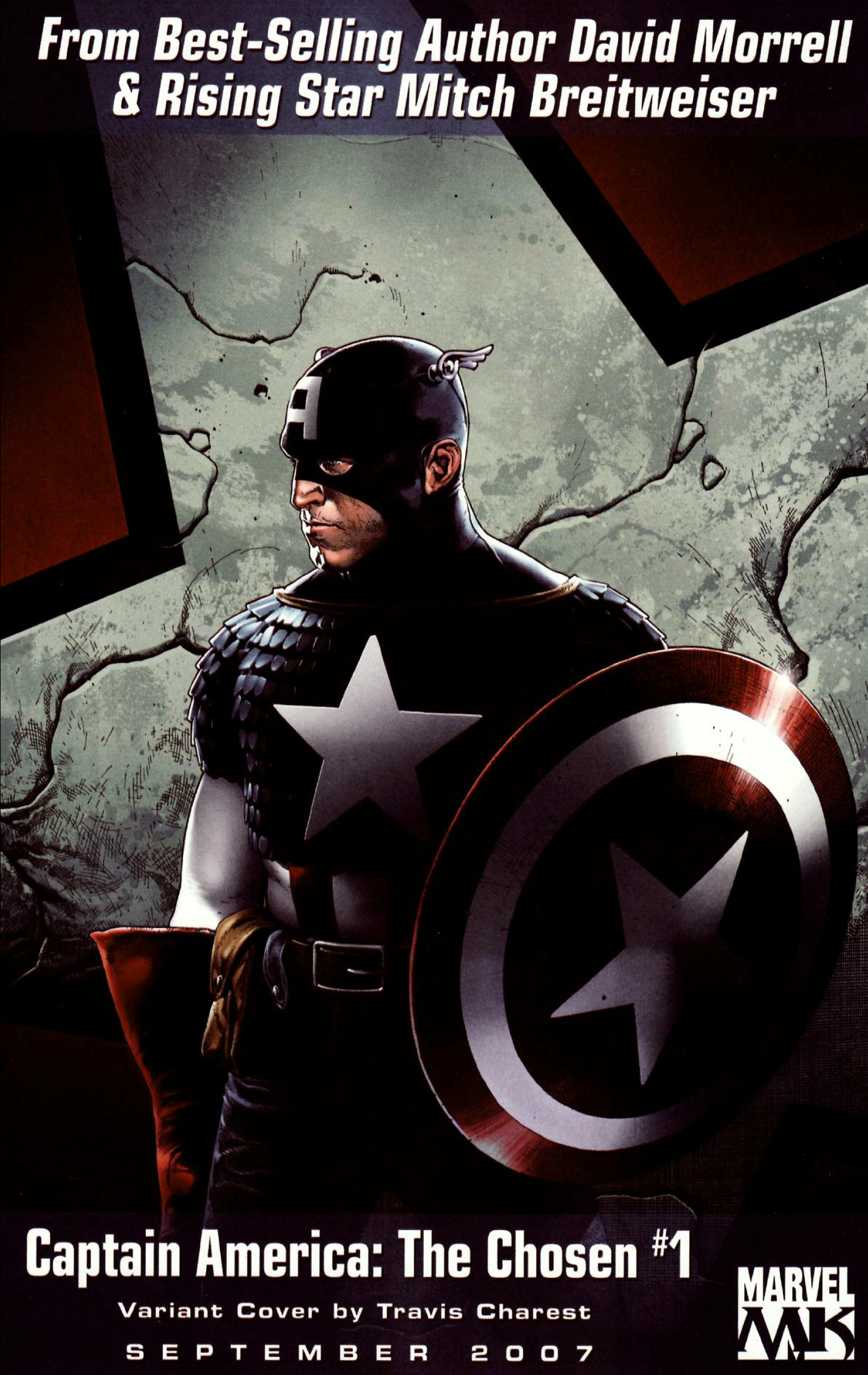


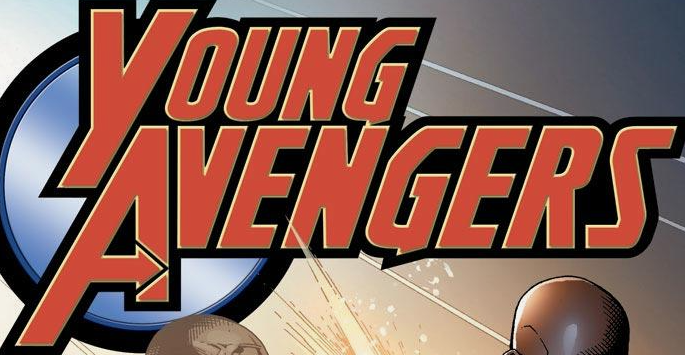



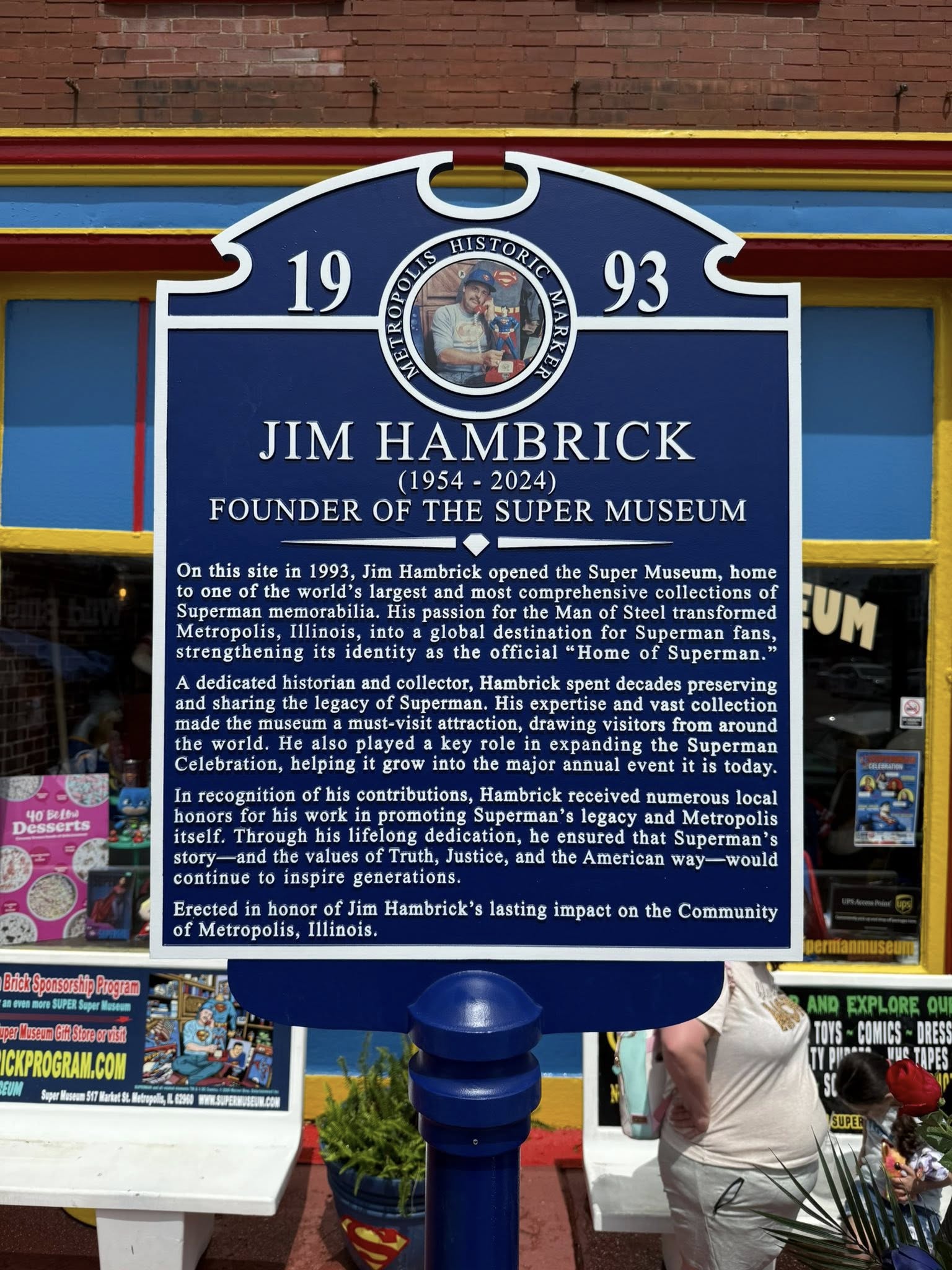




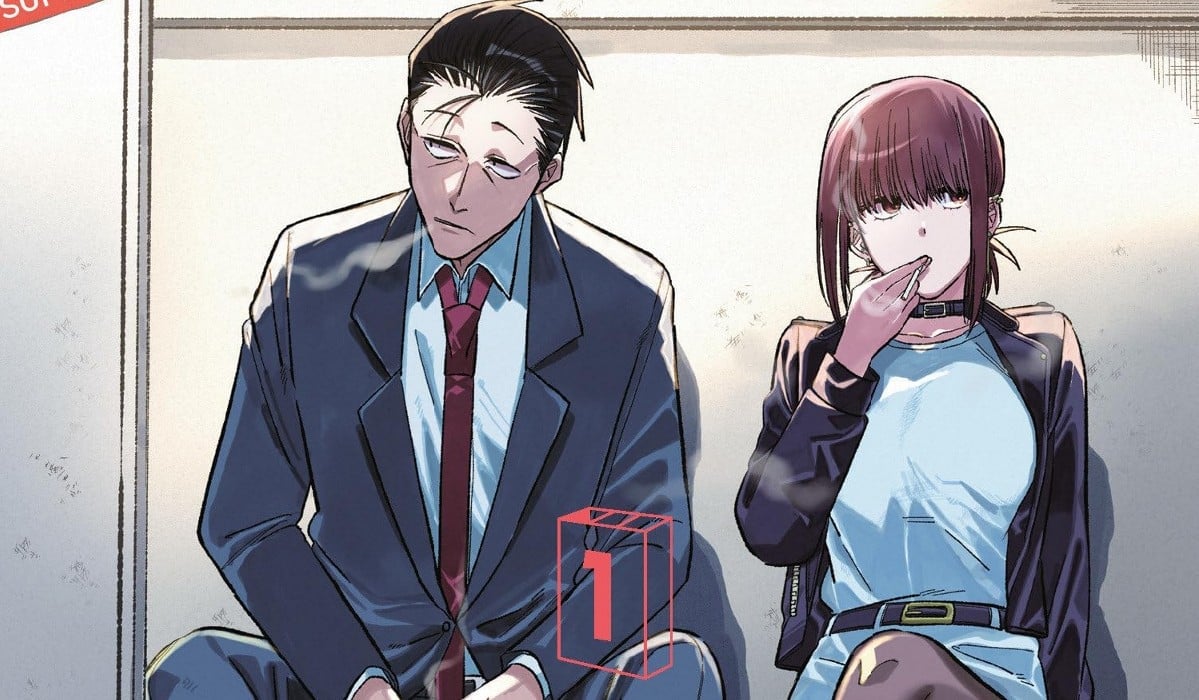
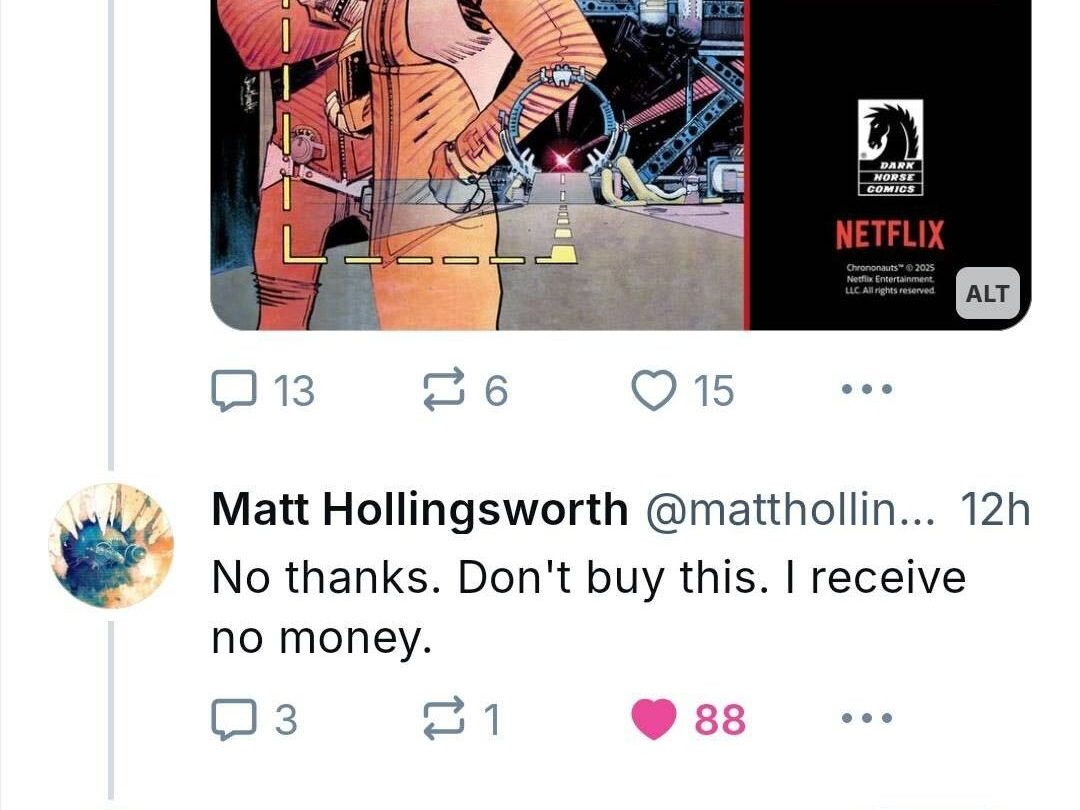
 English (US) ·
English (US) ·